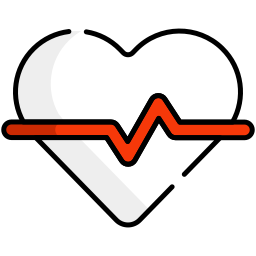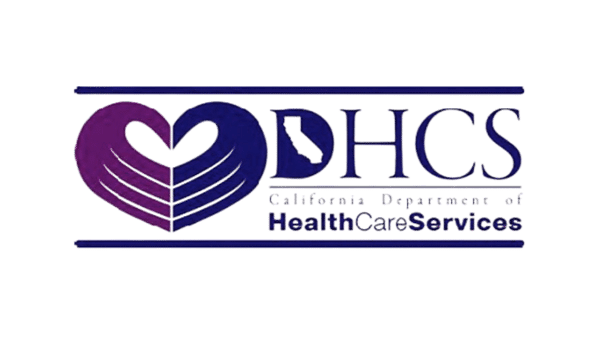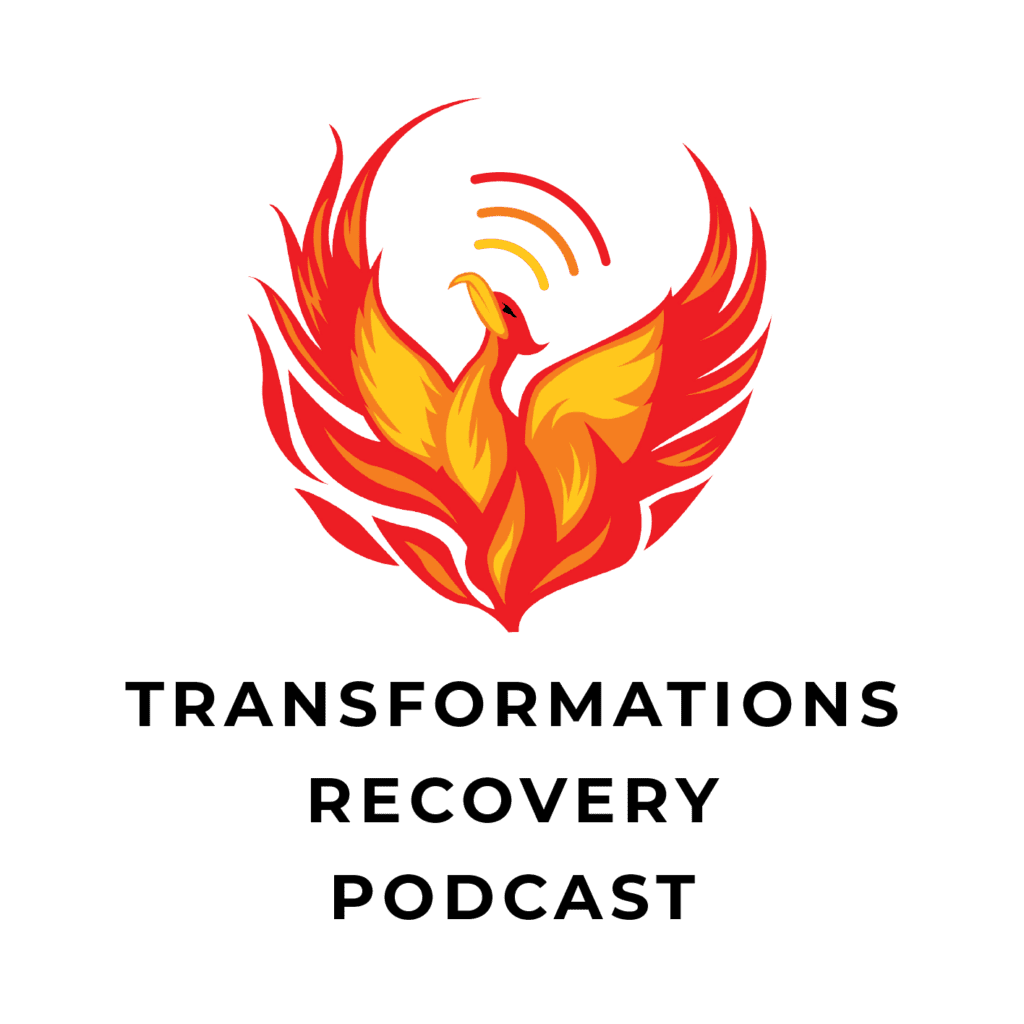Residential Inpatient & Outpatient Treatment Center
Welcome to Transformations Care, your trusted partner in addiction recovery, located in Gardena, California. We specialize in personalized drug and alcohol rehabilitation services that cater to the unique needs of each individual. Whether you are seeking residential inpatient care, outpatient services, or intensive outpatient programs (IOP), we provide comprehensive, evidence-based treatment options to help you or your loved one on the path to long-term sobriety.

Personalized Treatment Plans
Effective addiction treatment requires individual attention, and in this aspect, our approach to each patient is as focused as it is individualized.

Holistic Support
All of our clients have physical, emotional, and psychological health and our specialists cover all spheres to assist clients in achieving wholesome health.

Flexible Program Options
For achieving the most successful recovery plan, we provide you with the choice of residential, outpatient, or intensive outpatient treatment (IOP).
We Accept Most Major PPO Insurance








Medical health insurance
Medical health insurance will almost always cover some form of drug and alcohol detox. Whether or not you have the coverage you will need depend on a number of things. You will want to start first with a check of benefits through our admissions office. After that, a preliminary intake screening to find out what you’re using and how much will give us a clearer picture of what kind of help you need and what your coverage can cover. An insurance benefits check at Transformations Care is easy and usually takes less than an hour. Checking your insurance doesn’t commit you to drug and alcohol detox or any other treatment at Transformations Care. What it will do is give you a clearer picture of your options for addiction treatment for yourself or your loved one. That can help you make the right decision for yourself.
All we need for insurance verification is:

A health/medical insurance card

Full legal name,
date of birth

A phone number to
call you back
Transformations Care works with most major health insurance plans that have out-of-network benefits and we are also in-network with providers such as Aetna and Blue Shield of California. We’re sorry that we can’t work with state insurances such as Medi-Cal (California Medicaid) or Medicare now. But we do have pretty reasonable and fair self-pay rates which could be an option if you don’t have private health insurance.
Give us a call and let’s see what we can do for you or your family.
Why Choose Transformations Care?
At Transformations Care, we offer a safe, community-centered environment where each client receives personalized attention and care. Here’s why we stand out:
- Personalized Treatment Plans: Every client receives an individualized plan tailored to their specific addiction and personal needs.
- Experienced, Compassionate Staff: Our team includes licensed counselors, medical doctors, and support staff with extensive experience in addiction recovery.
- Flexible Treatment Options: Whether you need residential inpatient care or the flexibility of an intensive outpatient program (IOP), we have a range of services designed to support you at every stage of your recovery
- Holistic Approach: We incorporate both traditional and holistic therapies, including mindfulness and wellness practices, to treat the whole person.


Our Services

Drug and Alcohol Detoxification
Detox is the first step toward recovery, and it is essential that this process is done safely.
Read more

Inpatient Residential
Treatment
Our program offers a structured environment where individuals can focus entirely on their recovery.
Read more

Intensive Outpatient
Program (IOP)
This program is designed for those who need treatment but also require the flexibility to live at home.
Read more

Outpatient treatment
Outpatient treatment is ideal for those transitioning from inpatient care or for individuals with less severe addiction issues.
Read more

Dual Diagnosis Treatment
We specialize in dual diagnosis treatment, which addresses both addiction and co-occurring mental health disorders.
Read more

Individual and Group Therapy
At Transformations Care, Individual therapy is a cornerstone of our treatment philosophy at Transformations Care.
Read more

Medication-Assisted Treatment (MAT)
For individuals battling opioid or alcohol addiction, Medication-Assisted Treatment (MAT) can be a crucial part of the recovery process.
Read more

Family Counseling and Support
We understand that addiction affects not only the individual but also their loved ones.
Read more

Aftercare and Relapse Prevention
At Transformations Care, we provide relapse prevention planning and ongoing support for individuals after they complete formal treatment.
Read more
Our Approach to Treatment
At Transformations Care, we utilize a holistic and evidence-based approach to addiction recovery. This comprehensive approach allows us to treat the whole person—addressing physical, emotional, and psychological factors that contribute to substance use. We offer a combination of modern therapies and holistic practices to provide the most effective care.
Our programs incorporate Cognitive Behavioral Therapy (CBT), Motivational Interviewing (MI), and other scientifically proven methods to help individuals change negative thinking patterns, develop healthier behaviors, and build a foundation for lasting recovery.
Recovery is not just about treating the addiction; it’s about fostering overall wellness. That’s why we incorporate holistic treatments such as yoga, mindfulness, physical fitness, and nutrition counseling. These therapies help individuals rebuild their lives in a healthy and balanced way, supporting both physical and mental recovery.
Meet the Transformations Care Team
Our team at Transformations Care is comprised of experienced professionals who are dedicated to providing compassionate, high-quality care. Our multidisciplinary team includes medical doctors, licensed therapists, addiction specialists, and supportive staff who are all committed to helping individuals achieve lasting recovery. We understand that addiction recovery is a deeply personal journey, and our team works closely with each client to develop individualized treatment plans that address their specific needs.

Paul Dillenback
Co-Founder

Paul Dillenback
Co-Founder
- Phone:+1 (424) 339-0965
- Email:info@transformationscare.com

Roman W. Cooper
Co-Founder

Roman W. Cooper
Co-Founder
- Phone:+1 (424) 339-0965
- Email:info@transformationscare.com

Charleen Meyer, LMFT, ATR
Clinical Director

Charleen Meyer, LMFT, ATR
Clinical Director
- Phone:+1 (424) 339-0965
- Email:info@transformationscare.com

Cecily Cooper
Social Media Director

Cecily Cooper
Social Media Director
- Phone:+1 (424) 339-0965
- Email:info@transformationscare.com
BEHAVIORAL HEALTH ACCREDITATIONS





make your life more precious
Start Your Journey to Recovery Today
If you or someone you love is struggling with addiction, now is the time to take the first step toward recovery. At Transformations Care, we are here to help you or your loved one through every stage of recovery—from detox and residential treatment to outpatient services and aftercare.
Our personalized, compassionate approach ensures that you receive the care and support you need to reclaim your life. Don’t wait. Contact us today to learn more about our programs and how we can help you start your journey to a healthier, sober future.

